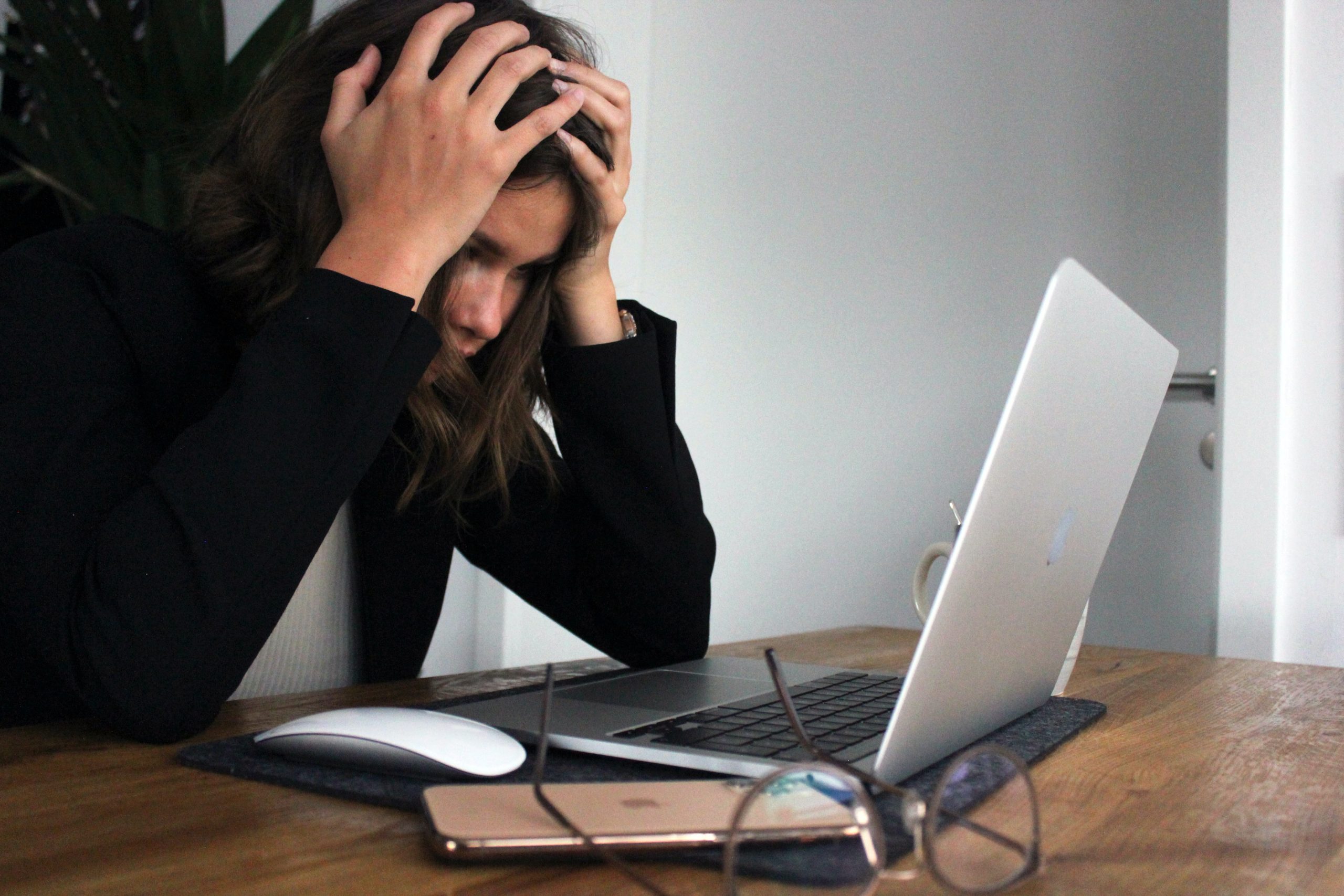Show me a person that hasn’t had some kind of stress over the past 2 years. If you’ve been that person, please read this blog, you’ll find it extremely helpful.
The Stress Response explained:
Back when we were cavemen, our stress response (also known as the fight flight freeze response, the fear response, and these days, anxiety) would be triggered when we were presented with a significant threat to our safety, such as a hungry sabre-tooth tiger. These occurrences were far and few between, so our bodies had time to calm down and re-calibrate once the threat was over. This fear response triggered our sympathetic nervous system, which, in turn released adrenaline, cortisol and other hormones, sending blood and energy to our main muscle groups and making our hearts beat faster in preparation for fighting or fleeing from the dangerous situation.
Hence, our stress response was and is meant to help ensure our survival. But unlike our ancestors, our threats are no longer the occasional hungry beast, but the constant and neverending demands on our attention and energy. This is why stress has now become troublesome for many people.
The Effect of Mindsets:
Why is it then, that stress for some people can have huge detrimental effects and for others it can help them perform at their best? The latest psychological research tells us that it has everything to do with your mindset. A mindset is a lense through which you view the world. The mindsets we choose have a profound effect on how we experience the world. Scientific research has discovered that the physiological (bodily) reaction to stress and excitement are actually identical! So your body cannot tell a stressful experience apart from an exciting one. What differentiates this experience is our mind, or more specifically, our mindset.
When you view all stress as harmful (or to be avoided at all cost), feeling stressed becomes a signal to try and escape the stress, and leads to less ideal coping mechanisms or avoidant behaviours. Some of these include:
- distraction from the cause of the stress instead of dealing with it
- focus on getting rid of your feelings of stress instead of taking steps to address its source (for some this will involve alcohol and other substances)
- withdrawing your energy and attention from whatever is causing the stress.
On the other hand, people who believe their stress can be helpful are more likely to actively deal with their stress. Dr Kelly McGonigal in her book “The Upside of Stress” states that these people are more likely to:
- accept the fact that the stressful event has occurred and is real
- plan a strategy for dealing with the source of stress
- seek information and/or advice, take steps to overcome, remove or change the source of stress
- try to make the best of the situation by viewing it in a more positive way or using it as an opportunity to grow.
The latter mindset helps you deal with stress in a proactive way before it spirals out of control, you develop helpful coping strategies including social support, situations that you can’t control become opportunities to grow, and you become more confident in your ability to handle stress.
Time for reflection:
Bring your attention to a current stressful situation. Notice what your mindset towards this situation is; is it a mindset that sees this stress as an opportunity to learn and grow? a mindset that leads to action in terms of seeking help/advice? a mindset that enables you to put in place some strategies for dealing with it? If it’s not, that’s ok. It takes practice and effort to change habits in thinking, but hopefully you are now able to see that you do have a choice in how you think about stress, and that that will have a profound impact on how you manage your stress.
‘The problem is not the existence of stressors, which cannot be avoided; stress is simply the brain’s way of signaling that something is important. The problem- or perhaps the opportunity- is how we respond to this stress’– The Book of Joy.
Take care and genuinely look after yourself,
The team @beachsidephysio+psychology

